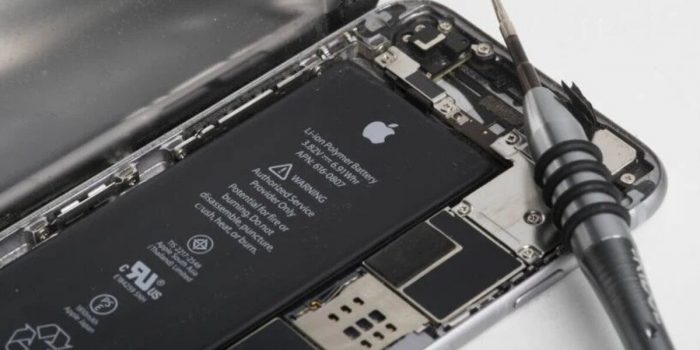The new regulations approved by the EU mark a significant step towards easily replaceable smartphone batteries. These rules have broad coverage, encompassing batteries used in electric vehicles, light transportation, and large-scale industrial applications.
Mandatory carbon footprint declarations and digital passports for batteries are part of the requirements. This poses a challenge to the prevailing trend of sealed-in batteries in portable devices like smartphones. Consequently, manufacturers, including Apple, will need to undertake design adaptations to meet the regulations.
Apple has already been forced by the European Union to change from a Lightning port to a USB-C port on iPhones, with the iPhone 15 expected to be the first to make the switch.

In addition to promoting battery accessibility, the regulations also establish ambitious targets for battery collection and recycling. By 2031, the aim is to collect 61% of waste batteries and recover 95% of materials from old portable batteries. Moreover, future regulations will mandate minimum levels of recycled content in new batteries.
The overwhelming support received from the European Parliament indicates a strong endorsement of these regulations.
The European Council “will now have to formally endorse the text before its publication in the EU Official Journal shortly after and its entry into force.”
While the formal endorsement from the European Council is still pending, the regulations are expected to take effect in early 2027, subject to potential extension requests from manufacturers.

Furthermore, the EU is exploring the possibility of phasing out non-rechargeable portable batteries by the end of 2030, highlighting their commitment to sustainable practices.
In short, the EU’s new regulations prioritize easily replaceable batteries in smartphones and other devices, while also setting ambitious targets for battery recycling. Manufacturers, including Apple, will need to comply with these rules by making necessary design adjustments.
As the regulations await final endorsement, their implementation is anticipated within the next few years, driving forward the EU’s agenda for sustainable battery usage.


